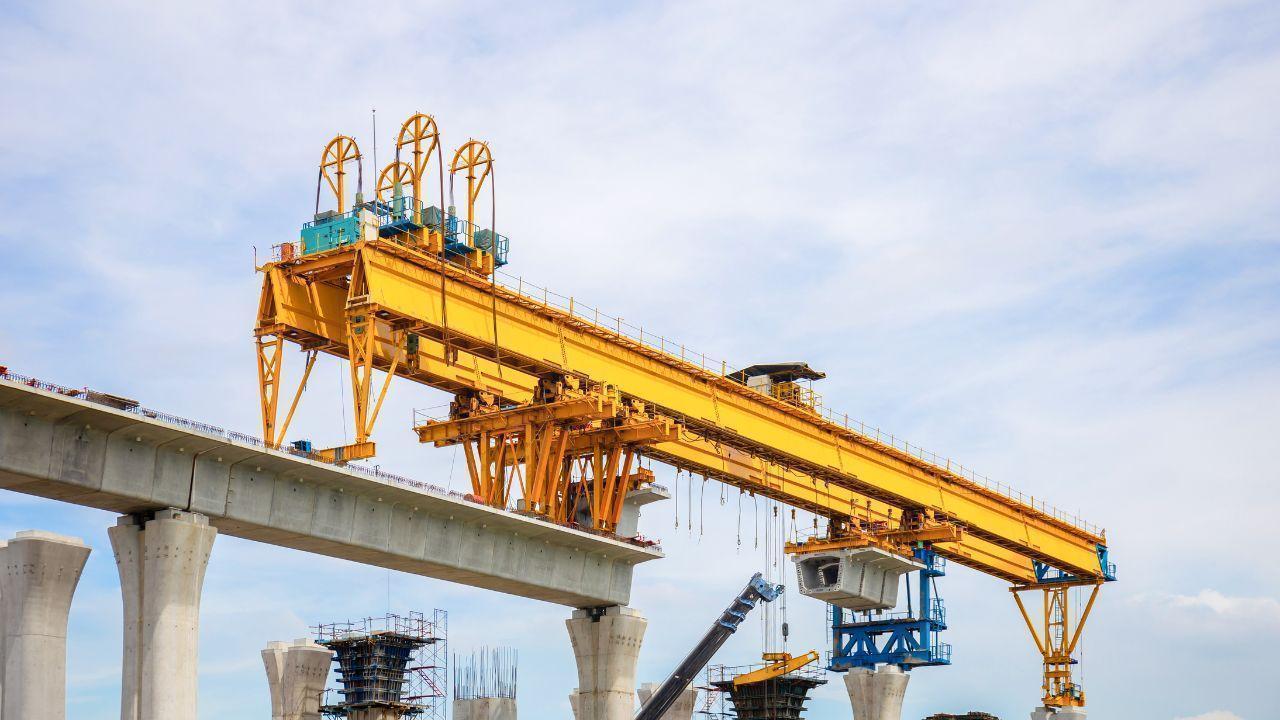
Post by : Vansh
In the grand story of human progress, infrastructure is the foundation upon which our societies rise. Roads, bridges, tunnels, water systems, digital networks—these are not just physical structures, but living arteries of civilization. As we move deeper into the 21st century, the evolution of modern infrastructure is no longer just about concrete and steel; it’s about vision, resilience, and sustainability. This is the heart of Concrete Dreams: How Infrastructure Is Designing the Future.
The very definition of infrastructure has expanded beyond highways and power plants. Today, it includes digital connectivity, green buildings, and smart systems that respond in real time. These innovations are reshaping not only how cities function but also how people interact with them.
Smart infrastructure integrates technology into traditional construction to make public services more efficient and sustainable. Imagine a bridge that not only supports traffic but also reports its own structural health. Or a city grid that adjusts electricity flow during peak demand. These are no longer fantasies—they are realities in the making.
Urban centers around the world are undergoing massive transformations. With growing populations and environmental pressures, smart urban planning is essential. Designers are using artificial intelligence and big data to map human movement, energy consumption, and climate impact before a single brick is laid.
This fusion of design and data helps city planners optimize everything—from the layout of public transport systems to the placement of green spaces. As a result, cities become not just more functional, but more livable. These innovations are central to how infrastructure is designing the future.
A major focus of modern development is sustainability. The climate crisis has made it clear that infrastructure must do more than serve immediate needs—it must also protect future generations. Green construction practices are leading the charge.
Builders now use recycled materials, solar panels, and water-saving systems to reduce the environmental footprint of new structures. Meanwhile, governments are investing in climate-resilient projects like flood barriers, drought-resistant water systems, and energy-efficient buildings.
These projects are not only environmentally responsible—they're also economically sound. Sustainable infrastructure tends to require less maintenance, offers long-term savings, and can often qualify for green financing or incentives.
The future belongs to connected cities. Smart infrastructure is becoming the backbone of connectivity, linking devices, data, and people. The Internet of Things (IoT) is being used to monitor traffic, air quality, energy usage, and more in real time.
For example, smart streetlights can dim when no one is around, saving energy. Connected traffic systems can reduce congestion by rerouting cars during peak hours. Even public waste bins are going high-tech, sending alerts when they're full.
This level of connectivity makes cities not only more efficient but also more responsive to the needs of residents. It bridges the gap between infrastructure and service, offering personalized solutions at scale.
The content of this article is for informational purposes only and does not constitute professional, technical, or financial advice. Readers are encouraged to conduct their own research and consult with relevant experts before making any decisions based on the information provided. Published by MiddleEastBulletin news network.

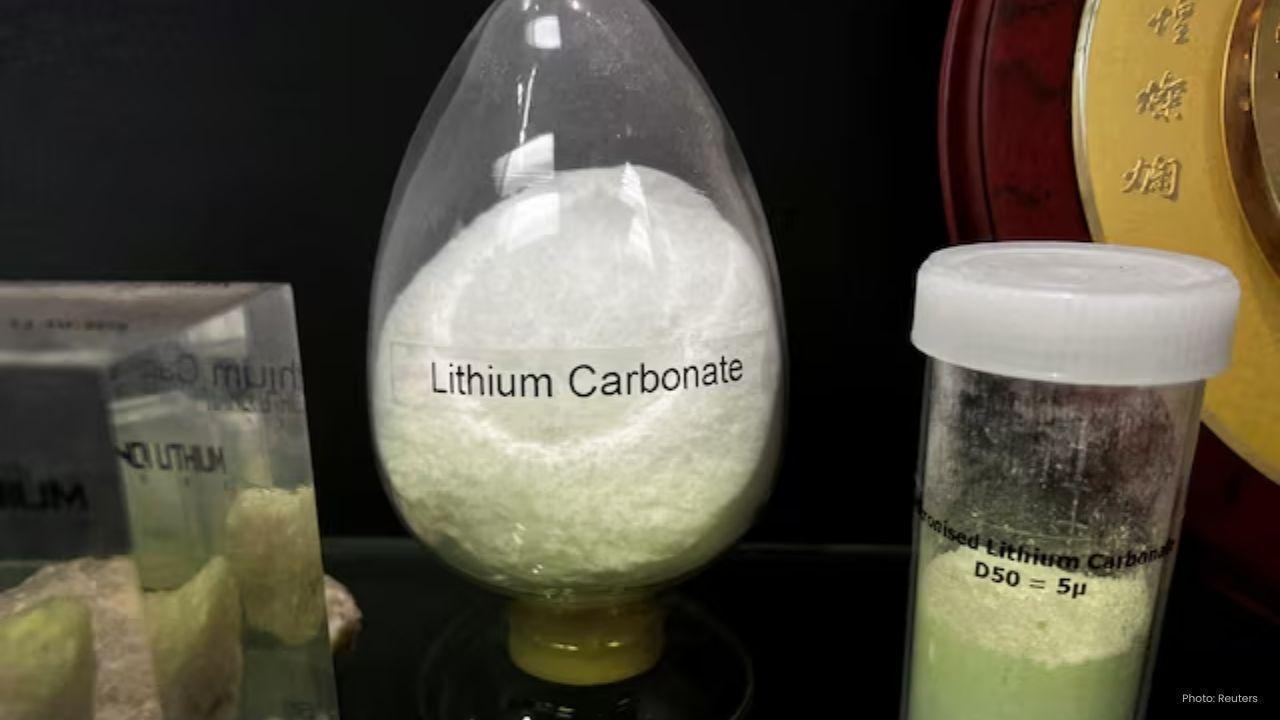




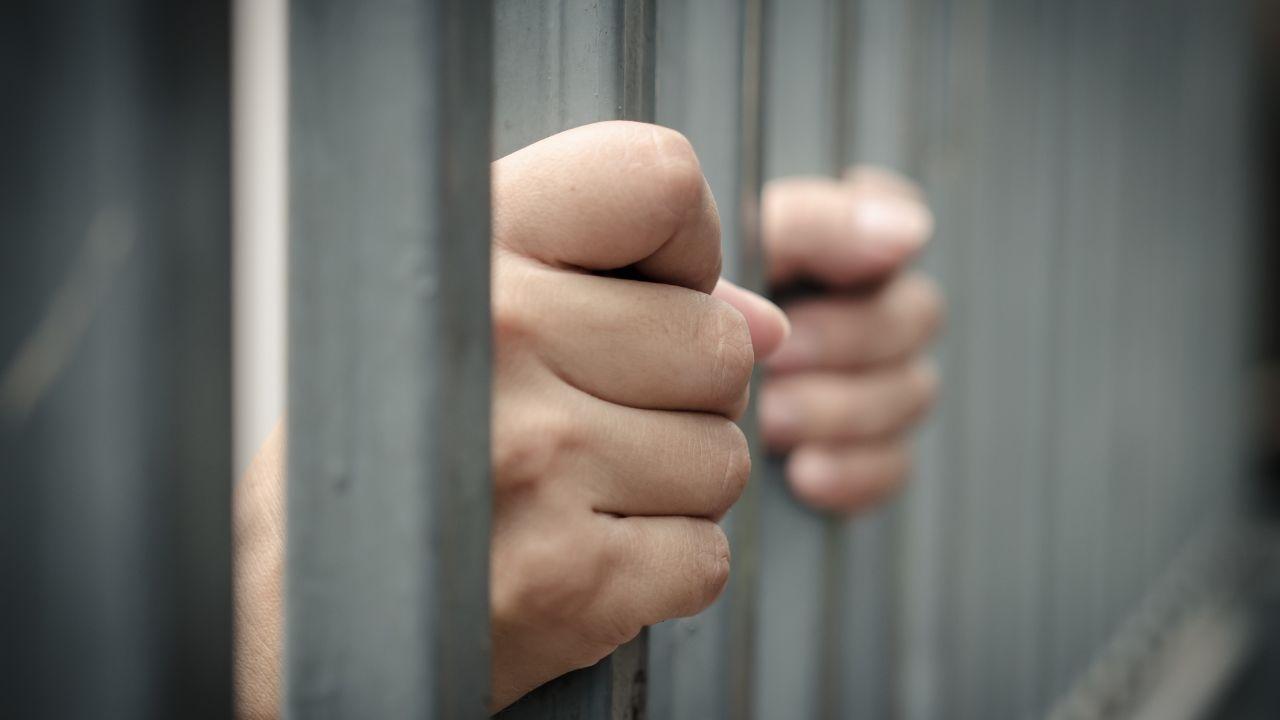
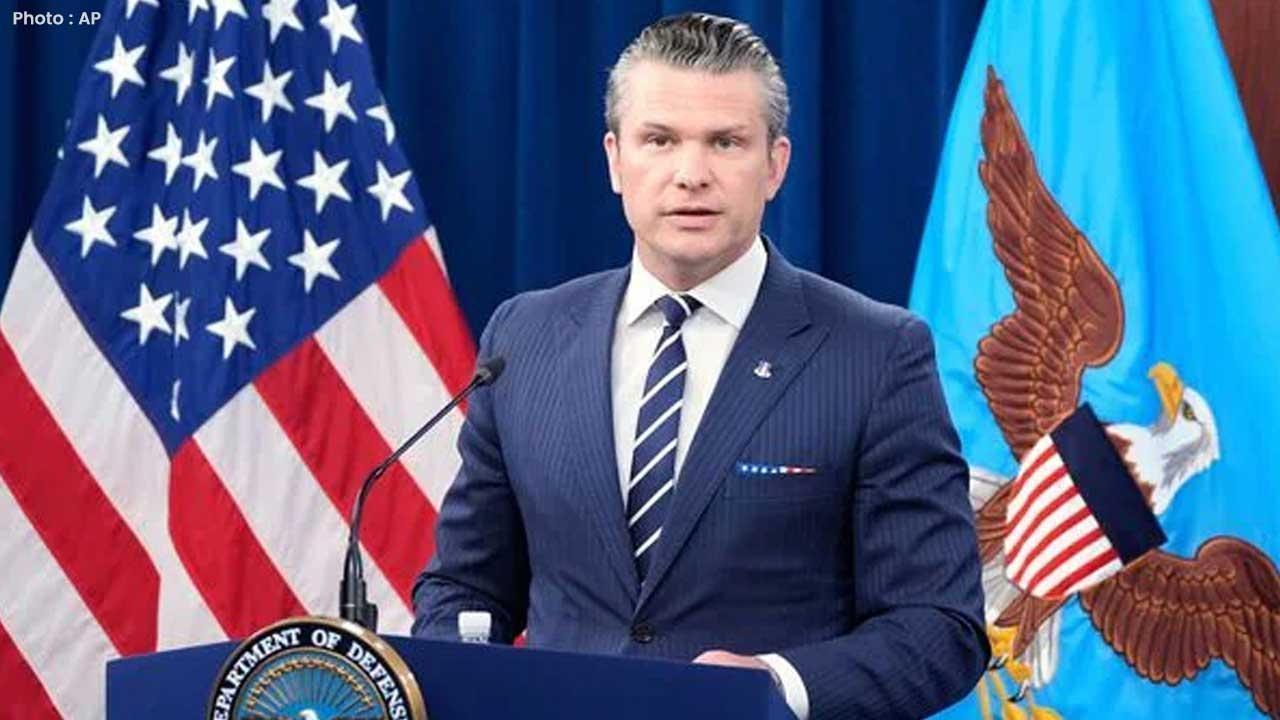


Pageau's Overtime Goal Propels Islanders to 4-3 Victory Over Golden Knights
In a thrilling overtime finish, Jean-Gabriel Pageau leads the Islanders past the Golden Knights 4-3,

MLB Awards: deGrom and Acuna Jr. Shine as Comeback Players
Jacob deGrom and Ronald Acuna Jr. celebrated MLB Comeback Player Awards, alongside Ohtani and Judge

Portugal Confronts Ireland in Pivotal World Cup Qualifier
Portugal, led by Cristiano Ronaldo, faces Ireland in a vital Group F World Cup qualifier that could

Haaland's Brilliance Leads Norway to 4-1 Victory Against Estonia
Erling Haaland showcases leadership as Norway crushes Estonia 4-1, boosting their World Cup ambition
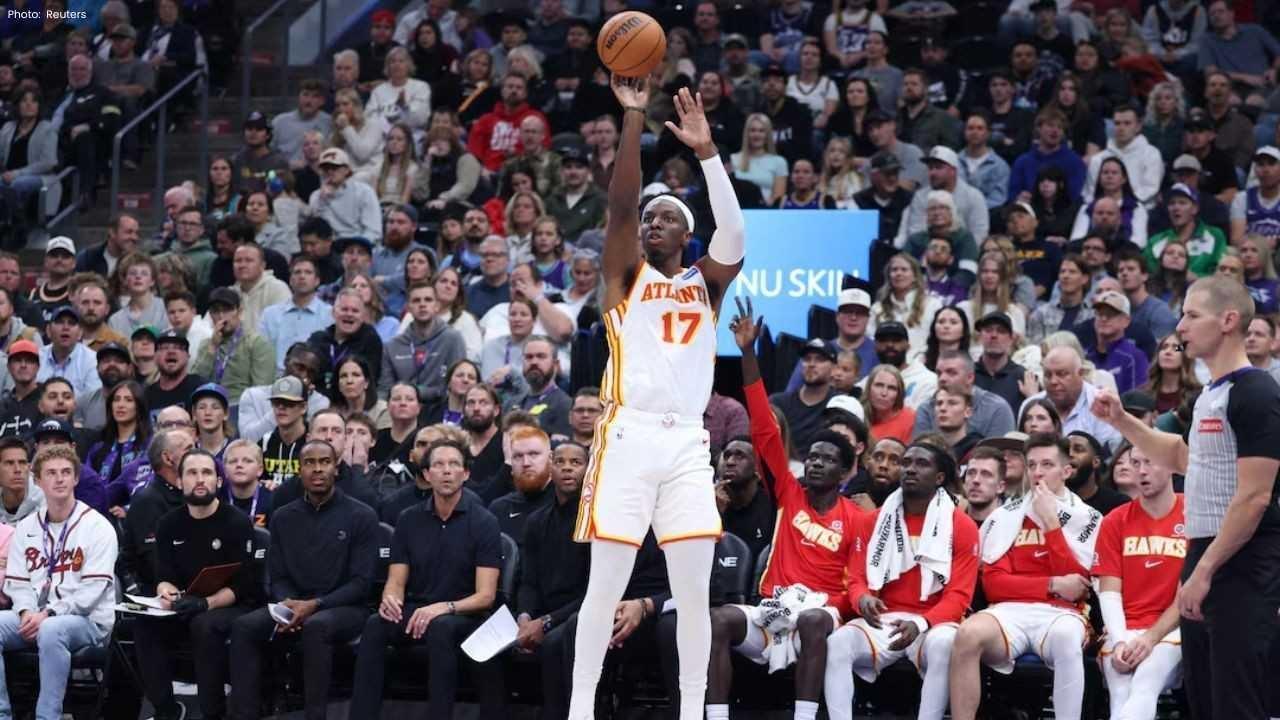
Hawks Triumph Over Jazz; Suns and Raptors Secure Victories
Hawks' Onyeka Okongwu and Jalen Johnson lead in a thrilling win against Jazz; Suns and Raptors also

Indian Men's Recurve Team Clinches First Asian Gold in Nearly Two Decades
The Indian men's recurve team triumphed over South Korea, securing their first Asian gold in 18 year